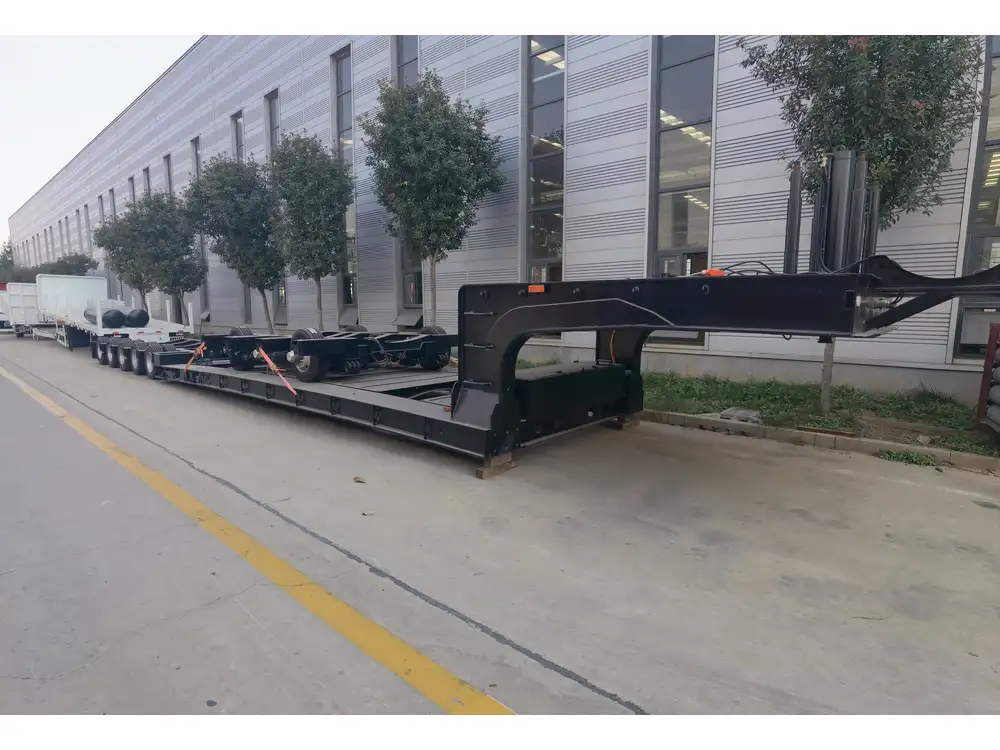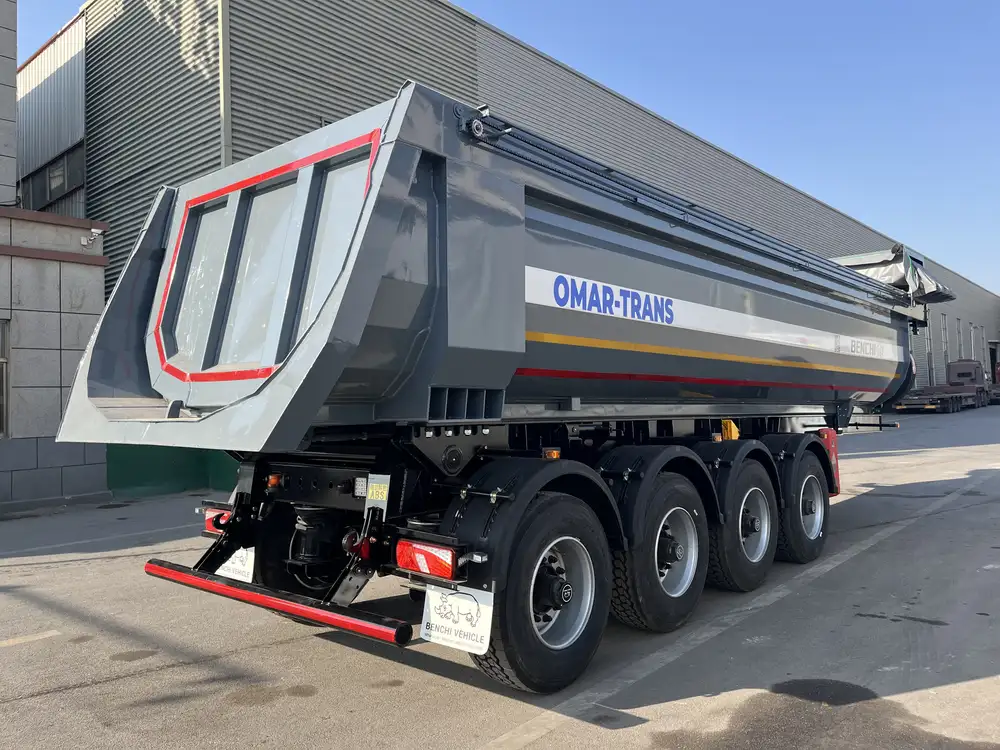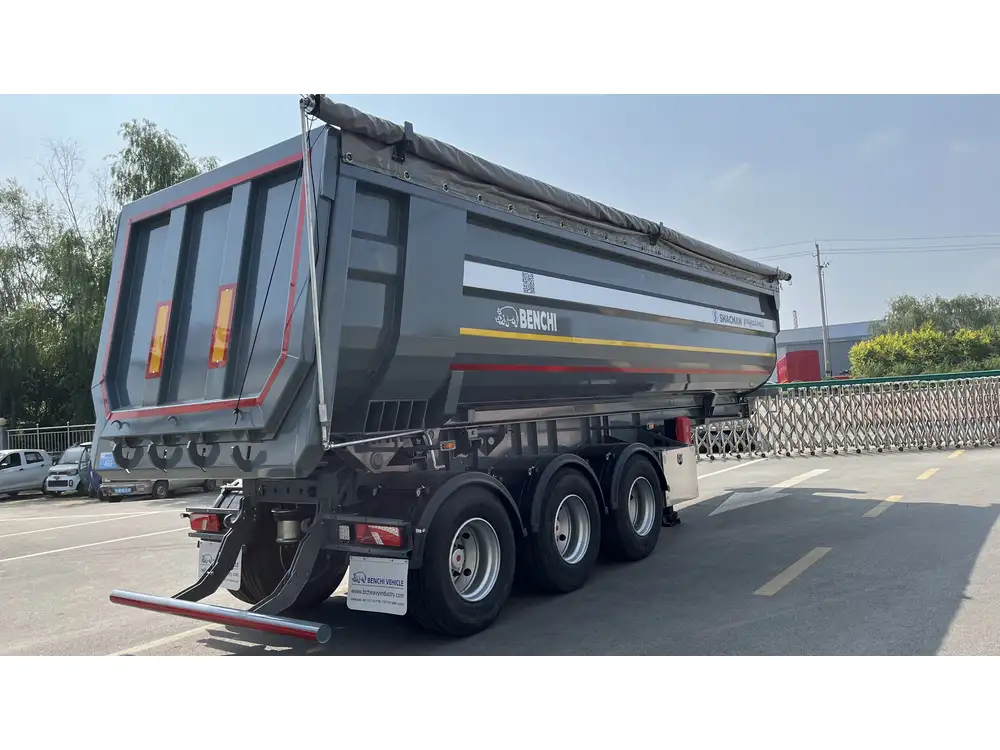In the realm of commercial vehicle operation, understanding the regulations surrounding Commercial Driver’s Licenses (CDL) can be complex, particularly when it comes to towing various types of trailers, such as dump trailers. Navigating the requirements can be critical for professionals in construction, landscaping, and other industries relying on heavy-duty hauling. This article delves into whether a CDL is essential for pulling a dump trailer, examining various factors such as vehicle weight, trailer specifications, and state regulations, while providing guidance for operators considering this venture.
Understanding the Basics of CDL Requirements
Before determining whether a CDL is necessary for operating a dump trailer, it is essential to comprehend the fundamental requirements set by the Federal Motor Carrier Safety Administration (FMCSA) and how they can differ by state.
What is a CDL?
A Commercial Driver’s License (CDL) is required for drivers who operate certain large commercial vehicles. There are three classes of CDLs:
- Class A: Required for operating vehicles with a Gross Vehicle Weight Rating (GVWR) of 26,001 pounds or more, provided that the towed vehicle weighs more than 10,000 pounds.
- Class B: Required for operating a single vehicle with a GVWR of 26,001 pounds or more. Additionally, this allows one to tow a vehicle weighing up to 10,000 pounds.
- Class C: This class is for vehicles designed to transport 16 or more passengers or hazardous materials, which do not fall under the Class A or B criteria.

Key Considerations for Dump Trailers
Dump trailers come in various configurations, differing significantly in weight and usage. Understanding how these parameters interact is crucial.
Weight Considerations:
- The combined weight of the truck and trailer must be evaluated. If this combination exceeds 26,000 pounds, a Class A CDL is likely required.
- It’s also important to assess the trailer’s weight when loaded versus unloaded.
Type of Operation:
- Commercial operations often have stricter requirements than personal use. Utilizing a dump trailer for business purposes may necessitate a CDL regardless of total weight.
State Regulations:
- Each state may have unique rules that provide additional layers to these federal guidelines. It’s advisable to consult your local Department of Motor Vehicles (DMV) for specific requirements.
Quick Reference Table: CDL Class Requirements
| CDL Class | Vehicle Type Description | Required Towed Weight |
|---|---|---|
| Class A | Combination of vehicles over 26,001 lbs | More than 10,000 lbs |
| Class B | Single vehicle over 26,001 lbs | Up to 10,000 lbs |
| Class C | Vehicles that carry hazmat or 16+ passengers | Not applicable |
Determining if You Need a CDL for a Dump Trailer
To ascertain whether a CDL is necessary for pulling a dump trailer, a systematic approach is necessary. Here’s how to navigate through the requirements:

Step 1: Assess the Gross Vehicle Weight (GVW)
The first step involves evaluating the Gross Vehicle Weight (GVW) of your setup, which includes the truck, the trailer, and the weight of any cargo.
- Unloaded Dump Trailer: Determine its weight when empty, typically found on the manufacturer’s label.
- Cargo Weight: Calculate the anticipated weight of the materials you intend to haul.
Example Calculation:
- Truck Weight: 15,000 lbs
- Dump Trailer Weight: 7,000 lbs
- Cargo Weight: 5,000 lbs
Total GVW = Truck Weight + Dump Trailer Weight + Cargo Weight
Total GVW = 15,000 + 7,000 + 5,000 = 27,000 lbs
In this case, a CDL would be necessary because the total weight exceeds 26,000 lbs, requiring at least a Class A license.
Step 2: Analyze Trailers and Towing Vehicle Class
Carefully analyze the specifications of both the trailer and the towing vehicle. A Class A is often needed if the dump trailer is particularly heavy or overtly designed for commercial use. For lighter, less intensive tasks, a Class B or even a standard driver’s license might suffice.

Step 3: Examine Your Specific Use Case
Personal Vs. Commercial Use:
- Commercial Use: If you’re using a dump trailer for business purposes, regardless of weight, you will likely need a CDL.
- Recreational Use: For personal purposes and lighter-duty operations, you might escape the CDL requirement if staying within weight limits set by your state.
Step 4: Check Local Regulations
All states have regulations that provide nuances to the federal guidelines, making local inquiries vital.
- DMV Consultation: Reach out to your local DMV to clarify specific rules regarding CDL requirements for dump trailers.
- Commercial Vehicle Operations: Some states define commercial operations more strictly, meaning even minor businesses need a CDL.
Best Practices for CDL Compliance
Ensuring compliance with CDL requirements not only guards against legal pitfalls but also enhances overall safety when hauling heavy loads. Below are essential practices to consider:

Regularly Review Your Vehicle’s Specifications
Ensure that you regularly check and maintain up-to-date records of your vehicle’s weight and classifications. Having this information readily available eases compliance efforts.
Invest in Training and Certification
Even if a CDL isn’t explicitly required based on weight, receiving professional training can enhance your driving skills while also demonstrating commitment to safety standards. This can ultimately pave the way for improved operational efficiency.
Certification Programs:
- Many organizations offer truck driving schools that provide hands-on training, essential theoretical instruction, and help with the CDL testing process.
Conduct Safety Inspections
Perform daily inspections of your towing vehicle and trailer before utilization. Look for:
- Tire pressure and tread depth
- Functionality of lights and signals
- Proper connection and securing of the trailer

Keep Records Up to Standard
Maintaining thorough documentation regarding vehicle operation can be beneficial in instances of audits or inspections. Having your logging systems ready can demonstrate compliance with all necessary regulations.
Addressing Common Concerns and Questions
What Happens If You Drive Without a Required CDL?
Driving without a required CDL can lead to substantial fines, and it may also affect your insurance coverage. In the event of an accident while operating illegally, liability may fall solely on the driver.

Can You Drive on a Restricted License?
In many states, learners’ permits or restricted licenses are not adequate for operating commercial vehicles, including setups with dump trailers. Verify the specifics based on where you operate.
What Are the Insurance Implications?
Insurance policies typically require the operator to have a valid CDL if required by law. Failing to comply may result in denied claims in case of incidents.
Conclusion: The Importance of Knowing Your CDL Necessities
Understanding the intricacies of CDL requirements when pulling a dump trailer is paramount for operators across various industries. This knowledge not only ensures legal compliance but also promotes safety and efficiency in hauling operations. By systematically assessing weights, use cases, and local regulations, one can accurately discern the necessity for a CDL.

Key Takeaways
- Always evaluate the total Gross Vehicle Weight when considering towing a dump trailer.
- Distinguish between personal and commercial use to determine your necessity for a CDL.
- Consult local DMV guidelines for clear and specified requirements.
By following these insights, truck operators can generate a clear path towards the successful management of their hauling needs while ensuring adherence to state and federal regulations.



